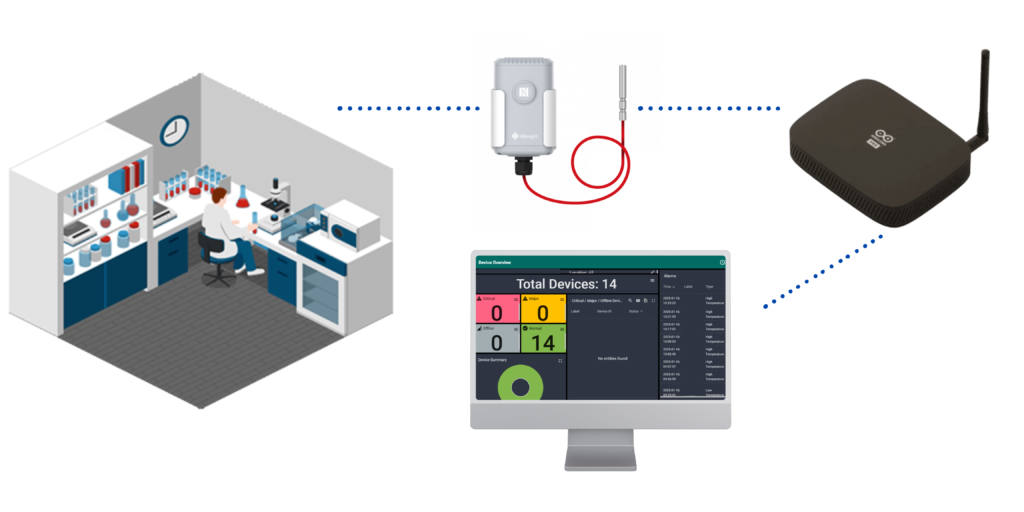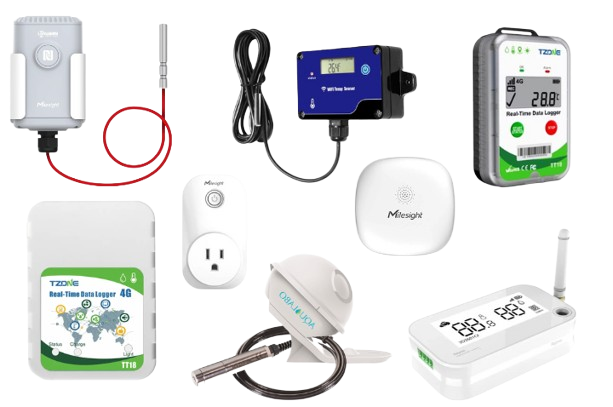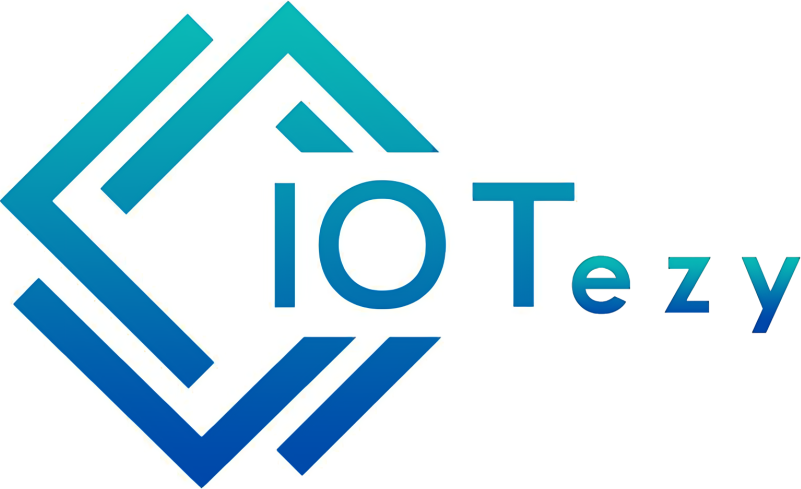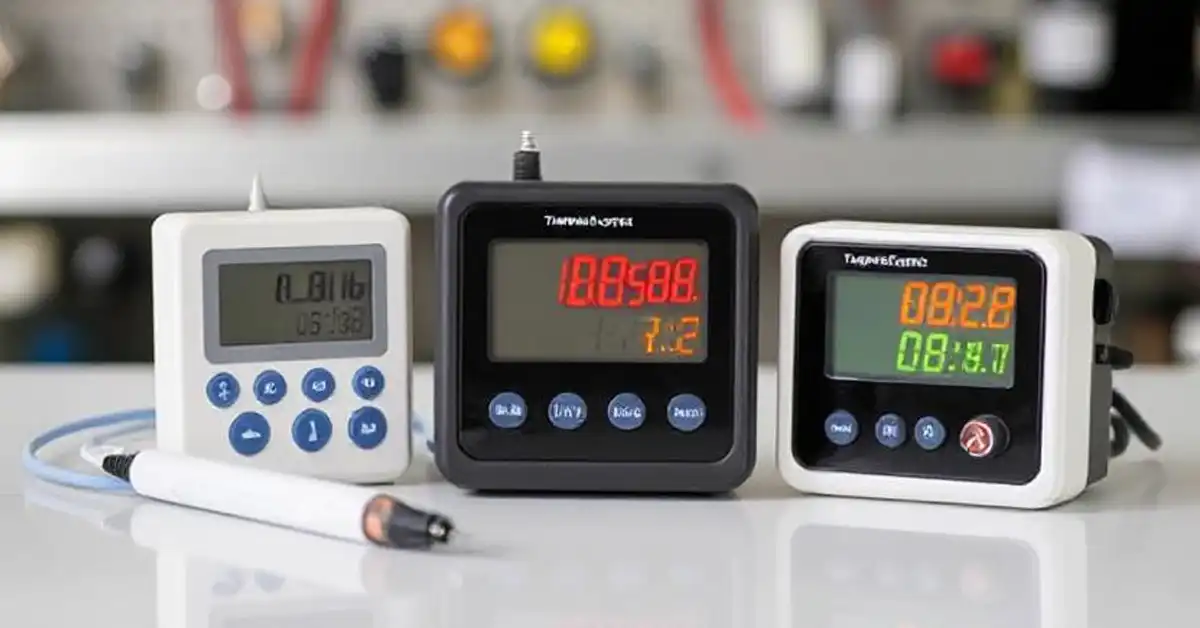What Is a Temperature Data Logger? Everything You Need to Know
In industries where temperature control is critical — from cold chain logistics to pharmaceutical storage — even the slightest deviation can lead to product spoilage, regulatory failure, or serious financial losses. This is where a temperature data logger becomes essential.
In this guide, we’ll explain what a temperature data logger is, how it works, and why it’s a vital tool for businesses that rely on precise environmental monitoring.
What Is a Temperature Data Logger?
A temperature data logger is an electronic device that records temperature readings over time. It uses built-in sensors or external probes to collect data at regular intervals and stores it either in internal memory or transmits it to a cloud platform for remote access.
Unlike traditional thermometers, data loggers offer automated, uninterrupted, and tamper-proof tracking — making them ideal for industries that require regulatory compliance and audit-ready reports.
How Does a Temperature Data Logger Work?

Here’s a step-by-step breakdown:
Real-time Example:
A cold storage warehouse uses IoT-enabled sensors from Iotezy to monitor internal conditions. If the temperature rises above 8°C, the system instantly alerts the facility manager and logs the incident for audit compliance.
Key Features of a Temperature Data Logger
Modern temperature data loggers come with a range of features, including:
Common Use Cases by Industry
|
Industry |
Use Case Example |
|
Cold Chain Logistics |
Monitor refrigerated trucks or warehouses for frozen goods |
|
Pharmaceuticals |
Maintain vaccine storage temperatures within WHO-compliant limits |
|
Food & Beverage |
Meet HACCP compliance by logging cold storage conditions |
|
Manufacturing |
Monitor production area temperatures for sensitive processes |
|
Healthcare |
Ensure blood banks and lab samples are stored correctly |
|
Data Centers |
Avoid server overheating through environmental monitoring |
Why Use a Temperature Data Logger?
A temperature data logger does more than just collect numbers — it gives you control, traceability, and peace of mind.
Key Benefits:
Types of Temperature Data Loggers

|
Type |
Best For |
Notes |
|
Standalone (USB) |
Short trips, simple monitoring |
Requires manual data download |
|
Bluetooth Loggers |
On-site, smartphone-enabled environments |
Works via app, limited range |
|
Wireless (IoT) |
Remote, real-time, multi-site monitoring |
Sends live data to cloud; ideal for critical workflows |
IOT-ezy’s Smart Temperature Data Loggers
At Iotezy, we offer IoT-enabled temperature data loggers designed for high accuracy, remote access, and compliance with global standards.
Key features include:
Summary
A temperature data logger is not just a measurement tool — it’s a business-critical system for quality assurance, compliance, and risk management. Whether you’re shipping vaccines or storing frozen goods, choosing the right logger can prevent losses and strengthen trust with your stakeholders.
Got more questions?
Reach out to us for your data logging needs!

